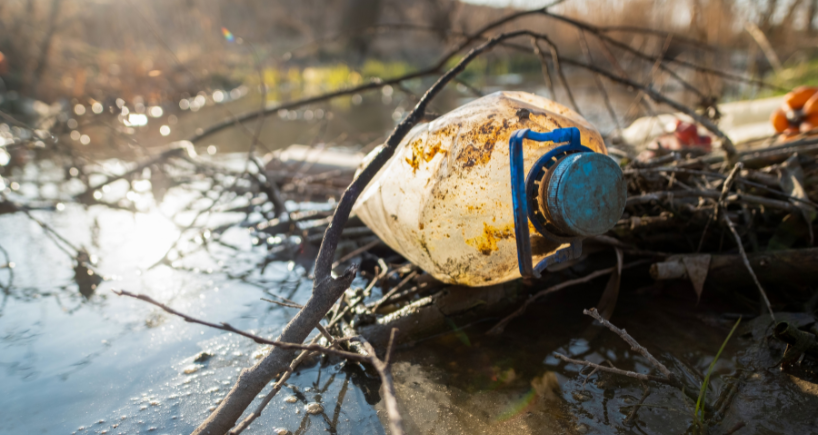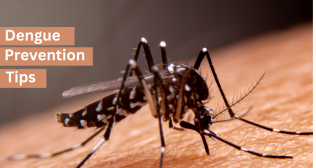
The Hidden Dangers of Water Pollution: How It Affects Human Health
The basis of all life on Earth is water. Human health worldwide is impacted by water contamination, which poses serious health hazards and damages the ecosystem. Water pollution poses serious health hazards. Pollution is posing an unprecedented threat to water, which is essential to life. Even while it is frightening to see trash floating on the surface, there are much more serious hidden risks associated with water contamination. Water supplies are under attack from dangerous bacteria and poisonous chemicals, endangering aquatic life as well as people. Many lives are exposed to contaminated water sources every day. This article explores the different kinds of water pollution affecting human health and its preventive methods.
Water pollution
- When toxic and dangerous materials, especially chemicals or microorganisms, contaminate water sources like lakes, rivers, oceans and aquifers, water quality deteriorates and becomes hazardous to people or the environment. Water pollution is a pervasive issue that is endangering your health. Water pollution leads to the death of many lives every year.
- Water is uniquely vulnerable to pollution. It is known as the universal solvent, which is able to dissolve more substances than any other liquid on Earth. Hence, water is easily polluted. Toxic material released from towns, factories and farms readily dissolves in water bodies, resulting in water pollution. Let us look into some of the causes of water pollution.
- Agricultural source: Not only is the agricultural sector the biggest consumer of global freshwater resources, but it also has farming and livestock production and is a serious water polluter. It substantially contributes to groundwater contamination. When it rains, fertilizers, pesticides and animal waste from farms enter the nearby water sources and lead to pollution.
- Sewage and wastewater: Water waste is used water that enters the water sources from kitchens, factories, industries and agricultural activities.
- Radioactive substances: Radioactive waste is pollution that emits radiation beyond what is naturally released. It is generated by uranium mining, nuclear power plants, and the production and examination of military weapons, as well as by hospitals and laboratories. It can persist in the environment for many years, making disposal a major challenge. Disposed radioactive materials threaten groundwater, surface water and marine resources.
Types of water pollution
- Point source pollution: When water contamination originates from a single source, it causes point source pollution. For instance, sewage water from industries, contamination from leaking septic systems, various chemicals and oil spills are the sources of pollution.
- Nonpoint source pollution: It is a contamination of water caused by different sources.
- Transboundary pollution: It is a contamination of water from one country, affecting the waters of another. It can result from disasters like an oil spill, downriver creep of industries and agricultural discharge.
Effects of water pollution on human health
- One of the main reasons people become sick from drinking water contamination is waterborne pathogens, which are bacteria and viruses that cause disease and are found in human and animal waste. Typhoid, cholera and giardia are among the illnesses that are spread by contaminated water. In addition, contaminated drinking water leads to several illnesses, including respiratory issues, gastrointestinal problems and cancer.
- Chemical pollutants like mercury accumulate in the body and cause chronic illness. Additionally, illnesses like cholera, typhoid fever and hepatitis can be brought on by exposure to aquatic microorganisms. Children, expectant mothers and the elderly are among the vulnerable groups affected by water pollution.
Conditions caused by water pollution
Some of the illnesses that are caused by water pollution include:
- Cholera
- Dengue
- Typhoid
- Hepatitis
- Skin rashes
- Cancer
- Hormone disruption
- Respiratory infections
- Urine infection
- Kidney infection
Conclusion
To sum up, numerous pollutants contribute to water pollution, which is a severe environmental issue. Human health is critically impacted by water pollution, leading to many dangerous and life-threatening conditions.



















